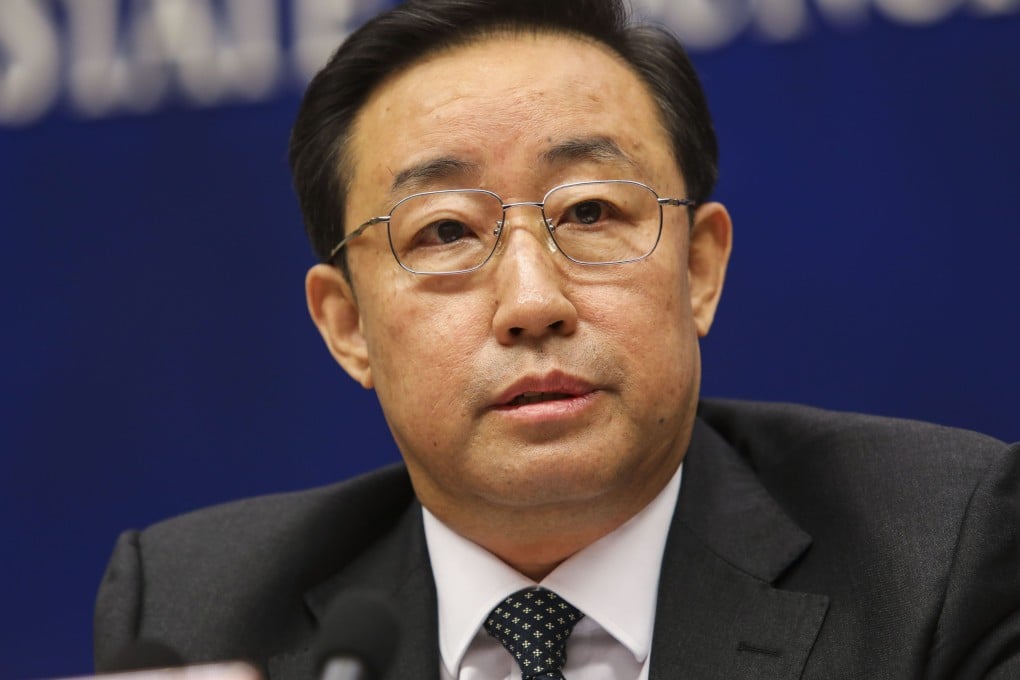Former Chinese police boss Fu Zhenghua to face court on corruption charges
- Fu the latest senior justice official to fall in Xi Jinping’s anti-corruption campaign
- He is accused of taking bribes and sheltering criminals

Fu, 67, who made a name for himself with a high-profile bust at Beijing’s exclusive Passion nightclub in 2010 just months after taking over as the capital’s police chief, is expected to be charged officially in Changchun, in the northeastern province of Jilin.
“As a judicial staff member, Fu Zhenghua deliberately sheltered criminal suspects from prosecution and committed major crimes,” state news agency Xinhua quoted Changchun prosecutors as saying.
Prosecutors accuse Fu of taking bribes and abusing his power in a range of senior positions, including his time as deputy chief and director of the Beijing Public Security Bureau.
He was also a member of the Central Political and Legal Affairs Commission and the minister of justice before going into semi-retirement in May, 2020 to take up an appointment with the Chinese People’s Political Consultative Conference (CPPCC), a key advisory body.
Fu came under investigation in 2021, was expelled from the Communist Party and dismissed from public office in March this year, and confirmed arrested in April.
The party’s anti-corruption watchdog, the Central Commission for Discipline Inspection, said Fu had lost his “party spirit and principles”.